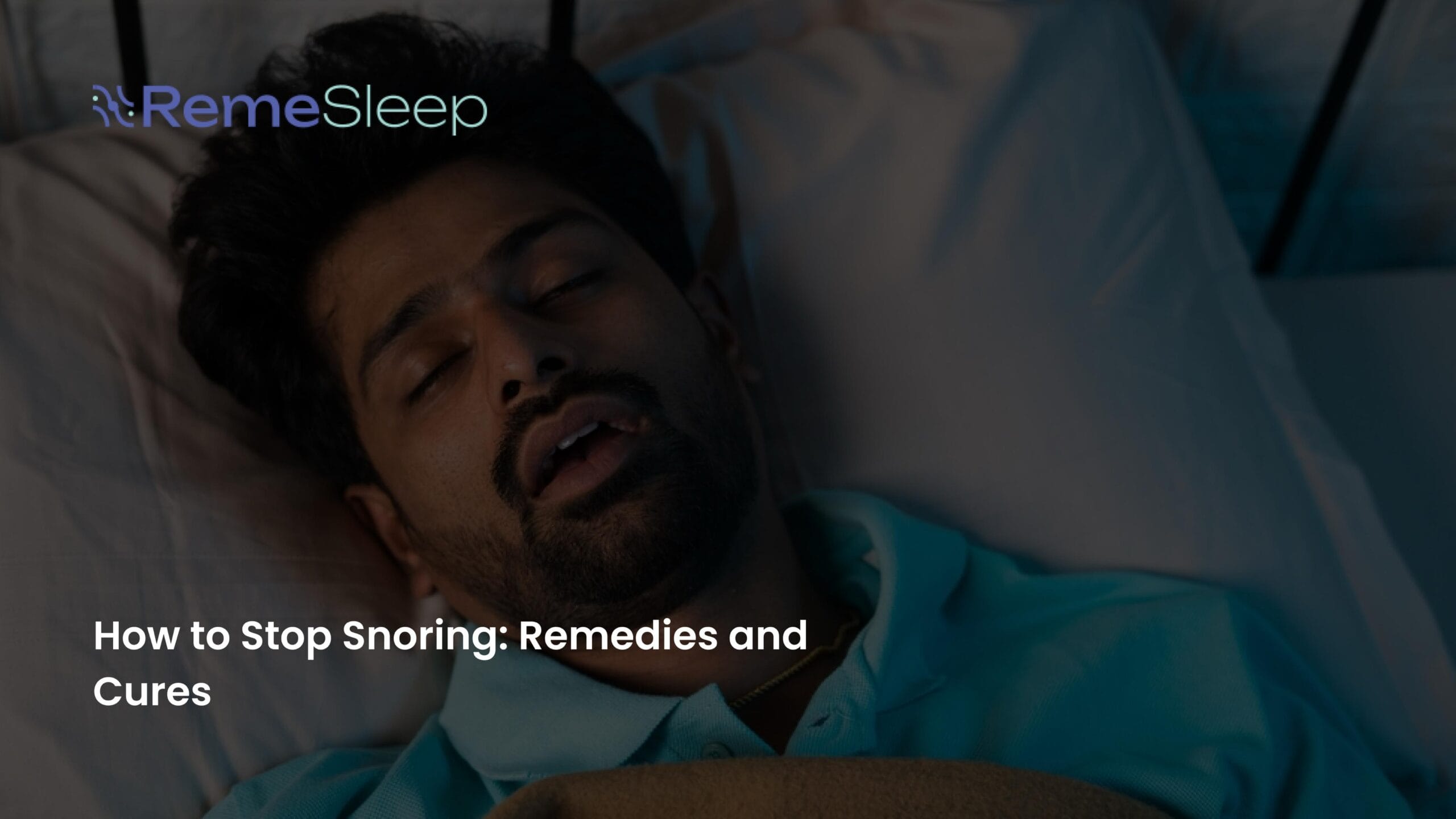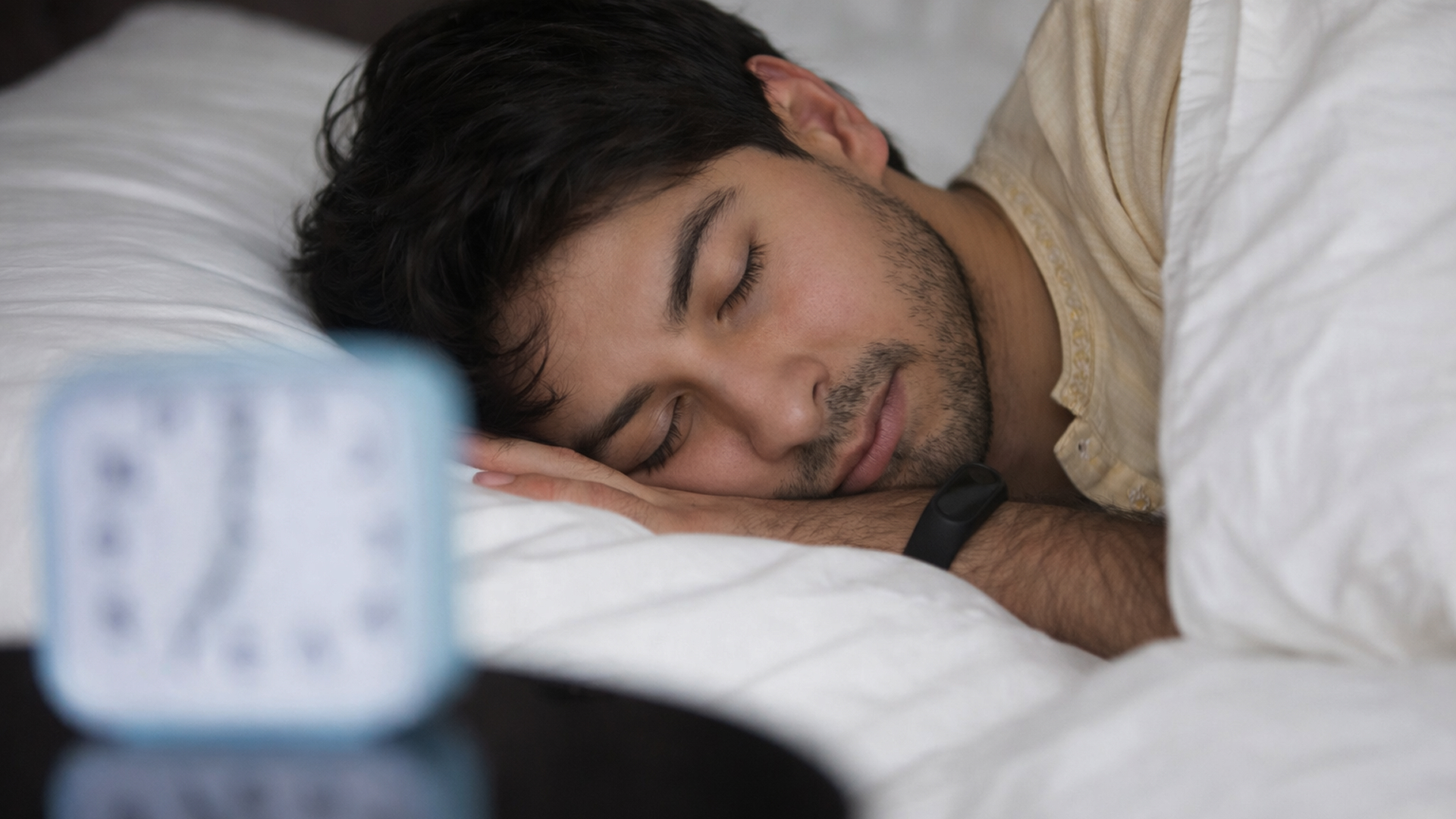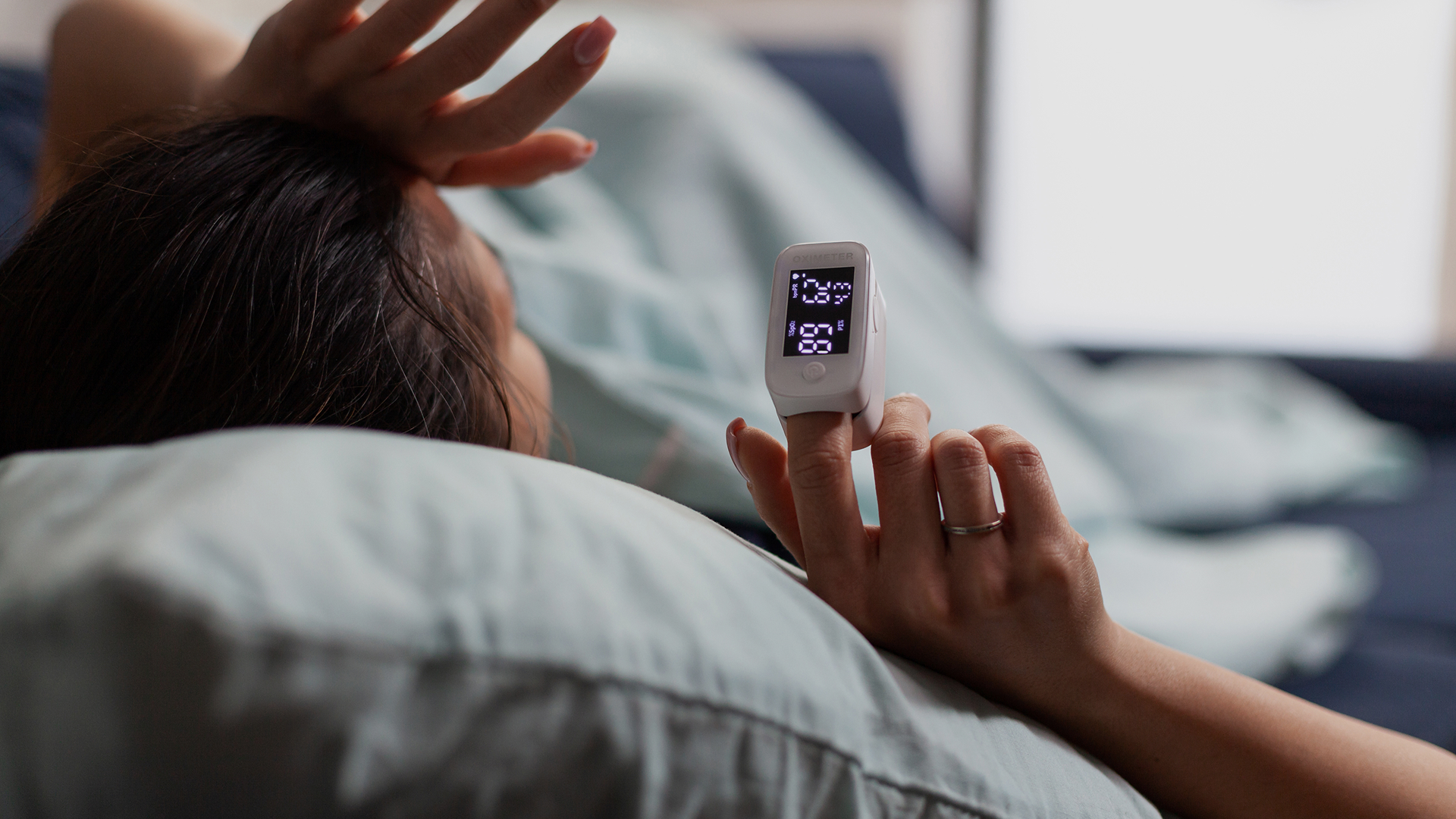Millions of people suffer from snoring, which may cause both you and your spouse to have sleepless evenings. Thankfully, there are several snoring remedies and solutions available. Finding the best technique to stop snoring frequently begins with small, regular changes, such as easy nighttime rituals or lifestyle alterations. Natural cures for snoring provide efficient relief without the need for drugs or technology for those who choose mild, non-invasive methods. Discover tried-and-true techniques for deeper sleep, better breathing, and a more rested wake-up.
Many people look for a permanent solution to snoring, and making natural lifestyle adjustments is frequently the solution. Long-term, drug-free relief from overnight disturbances can be obtained with easy home remedies for snoring, such as side sleeping, nasal cleaning, controlling weight, and abstaining from alcohol.
Understanding the Causes of Snoring
Before we dive into the remedies, it’s essential to understand the root causes of snoring. Snoring occurs when airflow through the mouth and nose is partially blocked during sleep, causing the surrounding tissues to vibrate. This obstruction can be due to several factors, including.
- Nasal congestion: Allergies or a cold can block nasal passages, leading to snoring.
- Obesity: Excess weight, especially around the neck, can narrow the airway, making it more prone to collapse during sleep.
- Sleep position: Sleeping on your back can cause the tongue to fall backward into the throat, partially blocking the airway.
- Alcohol and sedatives: These relax the muscles in the throat, increasing the likelihood of snoring.
- Age: As we age, the muscles in the throat become weaker, increasing the risk of snoring.
- Anatomy: A huge tongue, large tonsils, or enlarged adenoids can all make it difficult for air to pass through your mouth and nose. Airflow can also be obstructed by a deviated septum, which occurs when the cartilage between your nostrils is asymmetrical.
- Sex: Men are more likely to snore.
- Family background: Snoring is inherited. You have a higher chance of snoring yourself if your biological parent does.
- Weight: People who are overweight (body mass index, or BMI, more than 25) or obese (BMI larger than 30) are more likely to have snoring and other breathing problems connected to sleep.
Is snoring bad?
Snoring isn’t always a terrible thing. At some time in our lives, most of us snore. However, if you snore loudly or if it interferes with the quality of your sleep, it’s time to contact a doctor.
Understanding these causes helps in selecting the most appropriate remedies to address your snoring issues.
Snoring Remedies: Effective Solutions to Try
Several remedies can help reduce or stop snoring. These range from lifestyle changes to specific devices designed to keep the airway open during sleep. Here are some of the most effective snoring remedies:
- Weight Loss: If you’re overweight, losing weight can significantly reduce snoring. Excess fat around the neck squeezes the airway, making it more prone to collapse during sleep. A balanced diet and regular exercise can help you shed those extra pounds and reduce snoring.
- Change Your Sleep Position: Sleeping on your back can cause the tongue and soft tissues to collapse to the back of the throat, obstructing airflow. Try sleeping on your side instead. A body pillow can help keep you in this position throughout the night.
- Elevate Your Head: Raising the head of your bed by a few inches or using an extra pillow can help keep your airway open, reducing snoring.
- Stay Hydrated: Dehydration can cause the secretions in your nose and throat to become thicker, leading to more snoring. Drinking plenty of water throughout the day can help keep these passages clear.
Snoring Solutions: Which Devices Work Best?
For those who need a little extra help, there are several devices available that can reduce or eliminate snoring. These devices are designed to keep the airway open during sleep, preventing the vibrations that cause snoring.
- Mouthguard for Snoring: A mouthguard, also known as a mandibular advancement device, helps to hold the lower jaw and tongue forward, keeping the airway open. This device is particularly effective for those who snore due to tongue position. This device is helpful for patients who have a small lower jaw or micrognathia
- Nasal Strips: Nasal strips, though not very helpful,l are adhesive strips placed on the outside of the nose. They work by lifting the nasal passages and increasing airflow, which can reduce or stop snoring, especially for those who suffer from nasal congestion.
- Anti-Snoring Pillow: An anti-snoring pillow is designed to align the head and neck in a way that keeps the airway open. These pillows can be particularly helpful for those who snore due to their sleep position.
- Continuous Positive Airway Pressure (CPAP): For those with sleep apnea, a CPAP machine can be a lifesaver. It works by delivering a constant stream of air through a mask, keeping the airway open and preventing snoring.
Natural Remedies for Snoring
If you prefer a more natural approach, there are several home remedies you can try to reduce or eliminate snoring.
- Essential Oils: Certain essential oils, such as peppermint and eucalyptus, may help clear nasal congestion and reduce snoring. You can use these oils in a diffuser or add a few drops to a warm bath before bed.
- Throat Exercises: Strengthening the muscles in your throat can help reduce snoring. Simple exercises like repeatedly saying the vowels out loud or sliding your tongue back and forth along the roof of your mouth can make a difference.
- Honey: Honey has anti-inflammatory properties that can help reduce swelling in the throat, making it easier to breathe at night. Try adding a teaspoon of honey to a cup of warm tea before bed.
- Nasal Rinses: Using a saline solution to rinse your nasal passages can help clear any blockages, reducing snoring caused by nasal congestion.
Snoring Prevention Tips
Can I prevent snoring?
Prevention is often the best cure. By making a few lifestyle changes and adopting healthy habits, you can reduce your risk of snoring or prevent it from getting worse.
- Sleep on Your Side – Avoid sleeping on your back to reduce airway blockage.
- Maintain a Consistent Sleep Schedule – Regular sleep times help regulate breathing patterns.
- Avoid Smoking – Smoking irritates the airways and worsens snoring.
- Limit Alcohol and Sedatives – These relax throat muscles, increasing snoring risk.
- Stay Hydrated – Dry nasal passages and throats worsen snoring.
- Keep Nasal Passages Clear – Use saline sprays or nasal strips if congested.
- Manage Weight – Excess weight around the neck can narrow airways.
- Practice Throat Exercises – Strengthen muscles to prevent airway collapse.
- Use a Humidifier – Moist air reduces irritation in the throat and nasal passages.
- Elevate Your Head While Sleeping – Helps keep airways open.






